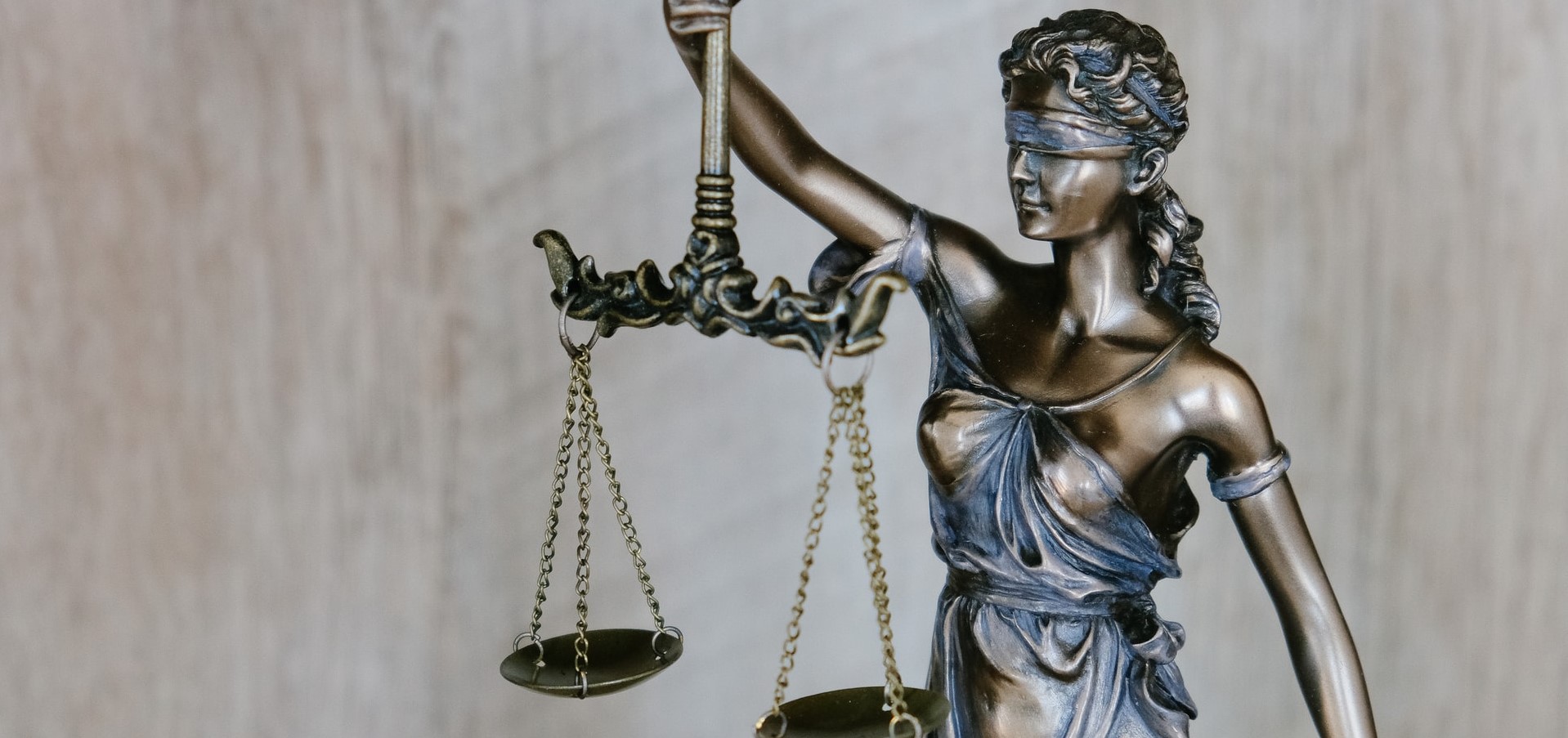If you’ve worked in and around the legal industry for any length of time, you’ve at least heard of UPL, the “Unauthorized Practice of Law.”
You may think that UPL charges are reserved for the most flagrant violators like Leonardo Dicaprio’s character in “Catch Me If You Can.”
Or perhaps you believe UPL is a slap-on-the-wrist type of offense that’s only half-heartedly enforced by the state bar.
If you believe either of those things, you’re sorely mistaken.
In fact, UPL is a criminal offense that can result in significant fines and/or jail time. Frighteningly, committing the crime of UPL can actually be much easier than you might think.
Let’s take a look at the ins and outs of UPL in California so you can keep your law firm and your employees safe from this serious charge.
What is UPL?
In California, the crime of UPL is defined in Business & Professions Code Section 6125. It instructs, quite simply, that “[n]o person shall practice law in California unless the person is an active licensee of the State Bar.”
That seems simple enough, doesn’t it? No license, no practice.
In reality, there are some seemingly innocent acts that can cause you to violate this statute.
We’ll take a look at those in a moment. First, let’s talk about the penalties for committing UPL.
UPL penalties
The severity of UPL penalties depends on a couple of factors, which are set forth in Business & Professions Code Section 6126. Here’s how they break down:
- Violation of Section 6125 by an unlicensed person (a non-lawyer) is a misdemeanor resulting in up to one year in county jail, a fine of $1,000, or both.
- If found guilty of violating Section 6125 a second time, the offender must spend at least 90 days in county jail.
- Violation of Section 6125 by a formerly licensed person who: (1) has been suspended or disbarred; (2) has been involuntarily shifted to inactive status; or (3) resigned from the bar with criminal charges pending can be charged as either a misdemeanor or a felony and can result in jail terms ranging from six months to three years and up to $10,000 in fines.
This all sounds fairly obvious, right?
Well, let’s take a look at some of the ways well-meaning individuals end up facing serious UPL charges.
Over-reliance on unlicensed professionals
Unless you have a purely solo practice, chances are you work with some amazing legal professionals who are not licensed attorneys.
For example, I’ve known more than a few paralegals in my day who were far more talented at drafting pleadings, discovery responses, and motions than some of their licensed counterparts.
Therefore, even if your firm is lucky enough to employ the most talented paralegals in the world, any substantive legal work they perform must be supervised by an attorney at all times.
The same goes for other unlicensed professionals in your firm. This could include law clerks, interns, or even retired attorneys who have let their licenses lapse. If you outsource work to freelance legal professionals, the same rules apply.
Talented out-of-state attorneys
There are lots of reasons a litigant might want to use out-of-state attorneys who are not licensed in California.
Perhaps the attorney is a friend or relative.
Maybe the attorney is world renowned for the issues at hand in a particular case.
Maybe they just popped up in a Facebook ad.
Whatever the reason, those attorneys can’t just waltz into California and practice law with impunity.
Don’t believe me? Consider the case of Birbrower, Montalbano, Condon & Frank v. Superior Court. In Birbrower, a New York law firm was ultimately held to have violated Business & Professions Code Section 6125 by representing a California company in an arbitration in California.
Importantly, California later changed its practice rules to allow out-of-state attorneys to participate in California arbitrations under some circumstances.
Nonetheless, the original holding should serve as an ongoing warning of the seriousness with which California treats UPL.
Of course, most litigators know that if they need the services of a co-counsel from another state, that lawyer can apply for pro hac vice admission for the purposes of a particular case pending in a California court. “Pro hac vice” is a Latin term that means “for this occasion.”
This is not a requirement to be taken lightly or to be ignored.
Out-of-state attorneys wishing to participate in a California legal case must strictly follow Rule 9.40 of the California Rules of Court before they can meaningfully participate in a California litigation matter.
Any exceptions to the UPL rules?
Despite the serious nature of UPL violations, there are some exceptions that attorneys who wish to practice outside of their home state should know.
First, many states have rules, such as Oregon Rule of Admission 16.05, that allow California attorneys to act as in-house counsel for companies operating in that state. California has similar rules for out-of-state in-house counsel who wish to work for California-based organizations.
Secondly, lawyers whose practice is solely focused on federal law may practice that specialty (e.g., immigration law) without being licensed in California. That’s because their practice area doesn’t require any special training or education specific to California law. However, if those same attorneys start practicing anything other than federal law, they find themselves at risk for UPL charges.
Final thoughts
The State of California takes UPL issues very seriously.
In fact, the State Bar even provides online complaint forms for consumers who feel they’ve been duped by someone engaging in the unauthorized practice of law.
If you have questions about whether the conduct of anyone in your firm is violating California’s UPL statutes, it’s probably a good idea to contact the State Bar Ethics Hotline before you find yourself in hot water.
Author

Jennifer Anderson is the founder of Attorney To Author, where she helps legal professionals bring their book projects to life. She was a California attorney for nearly two decades before becoming a freelance writer, marketing/branding consultant, ghostwriter, and writing coach. Her upcoming book, Breaking Out of Writer's Block, Exercises and inspirations for getting the words out of your head and onto the page, is due out in September 2023.
View all posts





